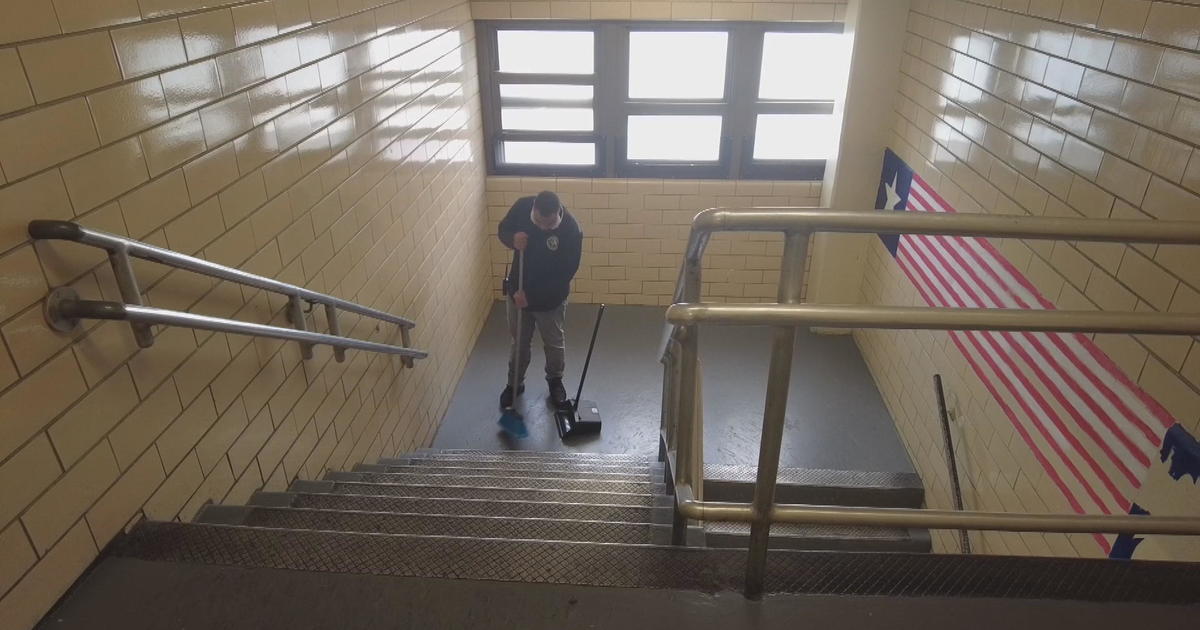Beyoncé's use of offensive word is opportunity to teach important lesson, Temple Doc Says
PHILADELPHIA (CBS) -- Quick reaction to an offensive word used in a new song just released by Beyoncé. Following criticism from people in the disabled community, the word, which is slang for spastic, is being replaced.
In a statement to the Associated Press, Beyoncé says the word was not used intentionally in a harmful way. Now some say the uproar is a good opportunity to teach an important lesson.
Beyoncé reacted quickly to criticism of an offensive word in the song "Heated" on her new hit album "Renaissance." It's slang used for the word spastic.
"It's not necessarily surprising to hear the word because it is unfortunately used so commonly in everyday language," said Dr. Leah Croll, a neurologist at Temple Health.
But people who live with being spastic say it was hurtful.
"The world is not educated on disability language," Domonique Howell said.
Howell is a proud mom with cerebral palsy.
She's also a disability advocate who's relieved Beyoncé acted quickly to remove an offensive word from her new song.
"It's a teaching moment," Howell said.
Dr. Croll says while it might be commonly used, the slang is offensive and hurtful to many in the disabled community.
"People who suffer from spasticity live with a lot of pain because of extreme muscle tension. And they also live with limited mobility because the muscles are so tense it can impair their ability either to control movement or their ability to move at all," Dr. Croll said.
Spasticity can be caused from things like MS and cerebral palsy, or an injury to the brain or spinal cord.
"Spasticity is a seriously disabling neuralgic condition and people really do suffer with it. And so using the word spaz can kind of make light of a legitimately disabling physical condition," Dr. Croll said.
Following the backlash from the disabled community, Beyoncé removed the word. A rep for the superstar says it wasn't "used intentionally in a harmful way."
"It is, in a sense, a good thing that we have had this conversation played out on such a large public scale because now so many people are being educated about the origins of the word, what it really means and more importantly, what it means to people who legitimately have neurologic spasticity," Dr. Croll said.
The edit comes weeks after Lizzo announced a new version of one of her songs after complaints about the same word.




